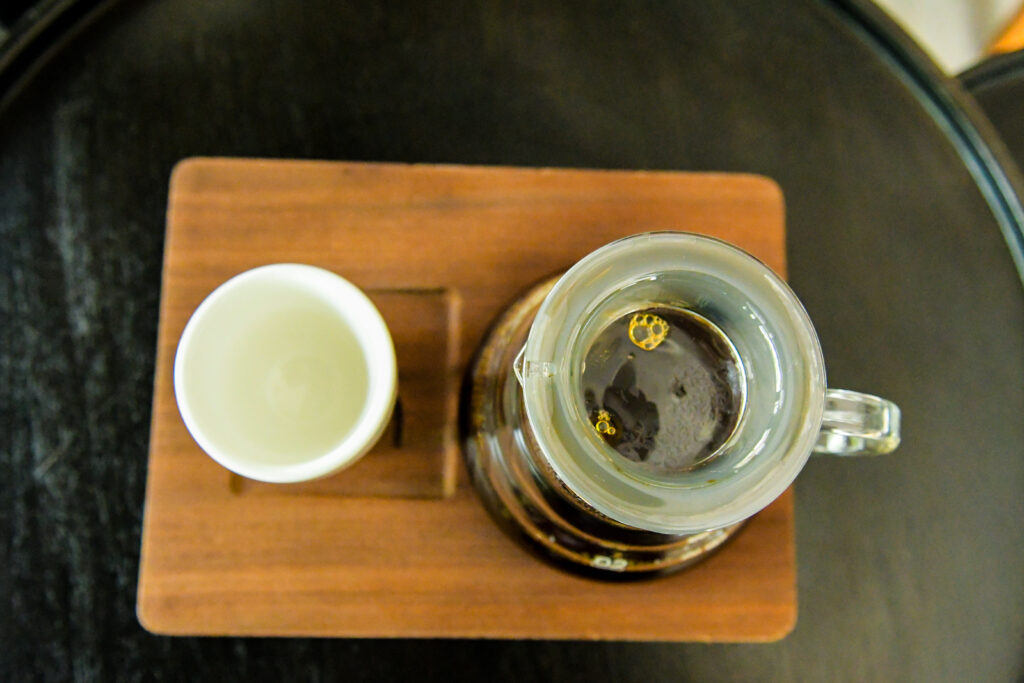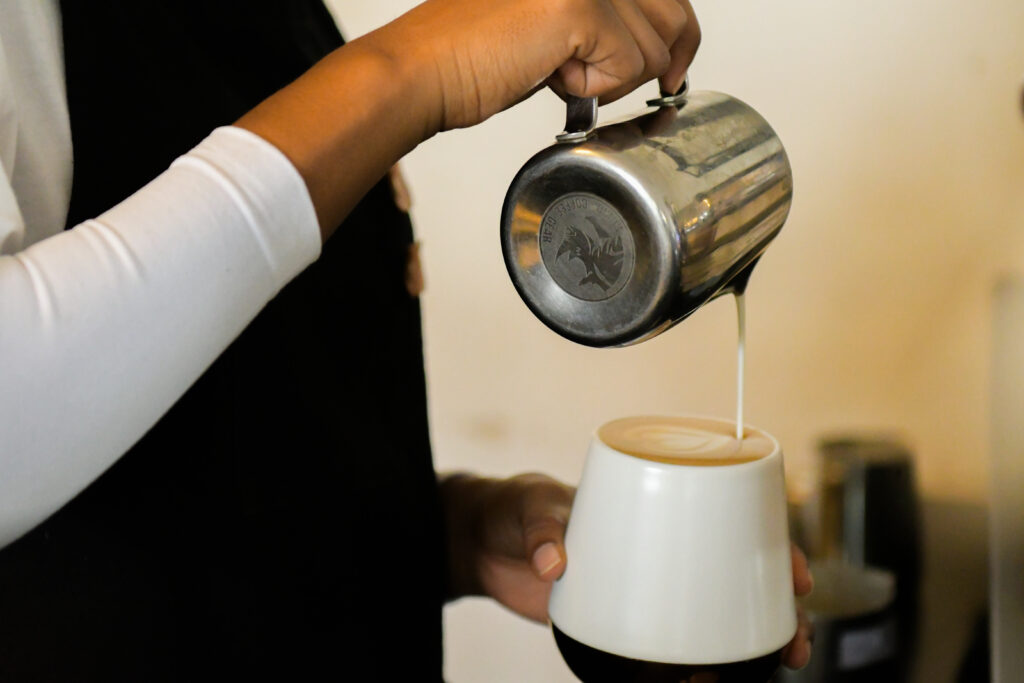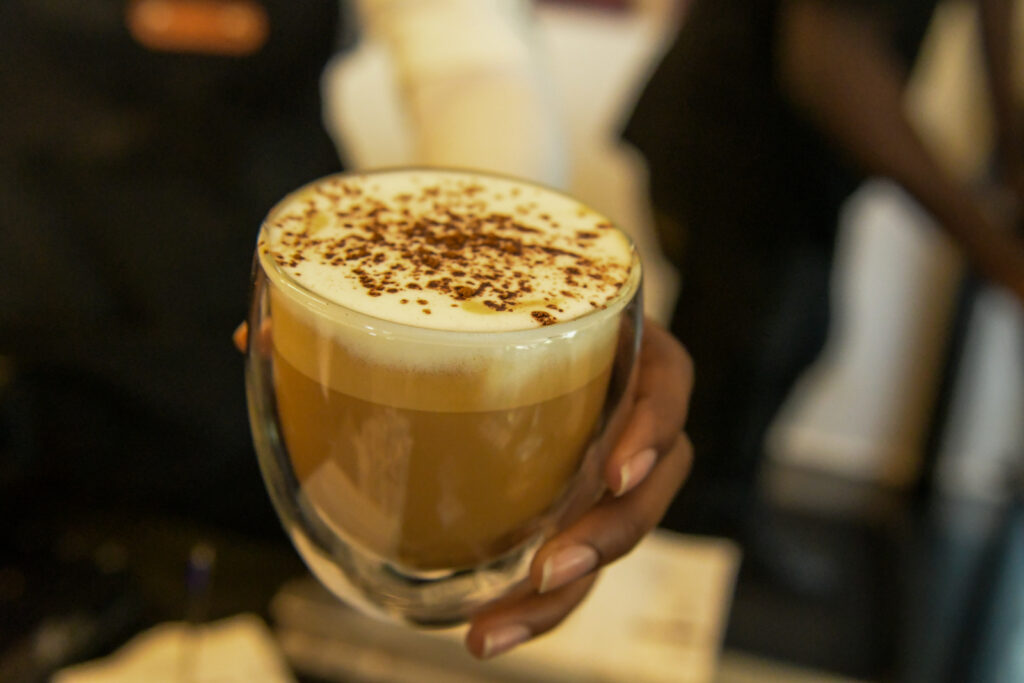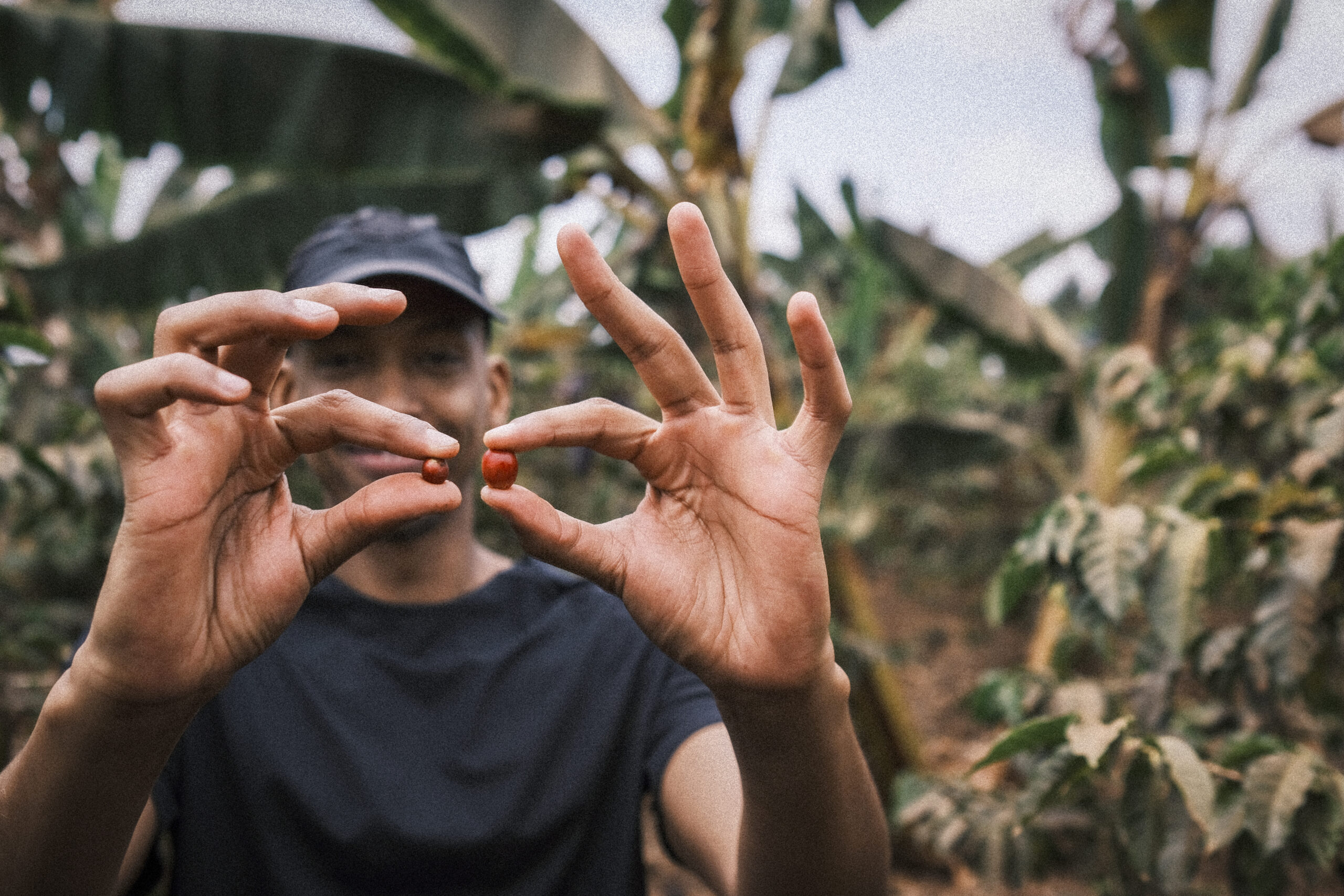We check out what’s brewing in one of Kigali’s hottest coffee spots. Also, about 80% of their farm workforce is women.
As you step into Kivu Noir, in downtown Kigali, you’re instantly enveloped by the rich aroma of freshly- ground coffee that the lively baristas rustle up behind the counter.
One of Rwanda’s biggest success stories is agriculture. According to the Rwanda Development Board (RDB), the sector employs about 64.5% of the total population, contributing around 25% to the country’s Gross Domestic Product (GDP).

And a major driving force in this sector is coffee.
“We don’t even serve food inside. If customers order food, they have to be seated outside because we do not want it to interfere with the smell of the coffee,” beams one of the baristas at Kivu Noir.
Loading...
The coffee aroma lingers, even on the terrace of the restaurant, where a business meeting is in progress. At the other end of the balcony, people sit in rows hunched over their laptops, working, and sipping unique blends of African espresso and latte.
The café is built on the premise of a farm-to-table experience as all the coffee served is made from beans that come directly from a farmer near one of the African Great Lakes (around the Great Rift Valley in East and Central Africa). “Our coffee is grown and harvested from the volcanic shores of Lake Kivu at a small village called Nkora (the estate). The ripe cherries are wet-washed at Nkora, the oldest and largest washing station in Rwanda,” Kivu Noir Coffee’s Co-Founder, Kevin Mbundu, tells FORBES AFRICA.

“Our coffee benefits from an ideal growing environment, with lush green landscapes, abundant rainfall, and volcanic soils — conditions that are exceptionally suited to Arabica coffee production.”
This has allowed for a unique combination which, Mbundu says, enhances the coffee’s flavor profile, producing “a rich, full-bodied taste”.
But producing such coffee comes with its own challenges.
“[It’s] having to ensure that farmers consistently apply best practices for high-quality yields and manage the impact of prolonged dry seasons, which can reduce crop productivity,” Mbundu adds.
So how does Kivu Noir maintain quality control from farm to cup, given the diverse climates and terrains of African coffee regions?

According to him, with Rwanda’s four-month Arabica coffee harvest cycle, they have to closely monitor and adjust production each year to ensure a fresh and reliable coffee supply across all their locations.
Visit Rwanda reports that about 95% of beans in the country are the high-quality Arabica varietal Bourbon, with a silky creamy body and hints of lemon and orange blossom, and a caramel aftertaste.
It adds that 450,000 small growers produce coffee across Rwanda, but that visits by tourists are primarily around Gisenyi, near the shores of Lake Kivu.
“Some farmers’ cooperatives and washing stations offer tours explaining the coffee process through the year,” Visit Rwanda reports. Coffee is an important source of income for small farmers in Rwanda. Also, most farms are at high altitudes of 1,700m to 2,000m. The coffee industry is also a great supporter of women’s empowerment. Mbundu says that about 80% of their farm workforce is women.
“This is a unique approach in an industry where much of coffee production has been industrialized, as seen in countries like Brazil and Indonesia,” he adds. The RDB states that the annual quantity of coffee produced in Rwanda ranges from 20,000 metric tons to 22,000 metric tons, further highlighting an increase in fully-washed and ordinary coffee export volumes and revenues every year. The major markets for Rwandan coffee, according to the RDB, are the United States, Europe (Switzerland, United Kingdom, Belgium, among others) and Asia (Singapore). It’s an industry that’s full of beans.
Loading...
